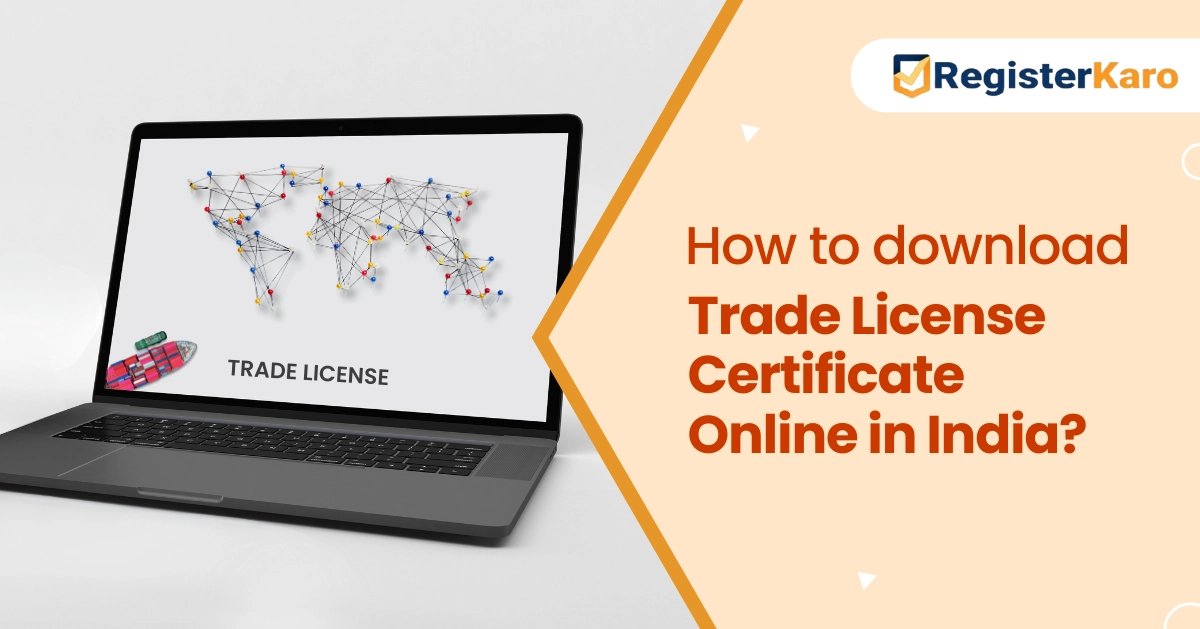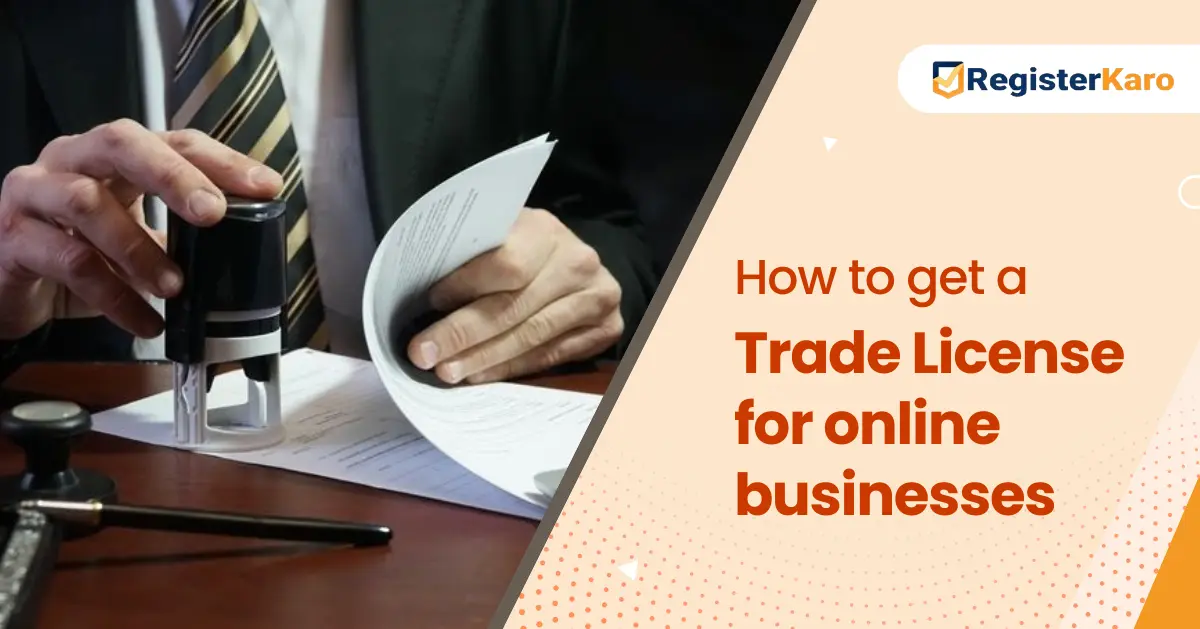
Online payments are important to businesses in all sizes in this digital age. A payment gateway acts as a bridge between a customer and a merchant that can process a transaction securely. In order to start up a payment gateway in India, a license has to be taken from the Reserve Bank of India which is compulsory for all the companies.
Understanding Payment Gateway License
The license of a payment gateway is, in fact, a legal authorization provided by the RBI, which makes it possible for a business organization to accept payment online through all kinds of methods such as credit cards, debit cards, net banking, or digital wallets. It is crucial for any company looking to host a payment gateway in India in order to make sure that one adheres strictly to the rules and regulations to assure sound monetary transactions.
There can be no such significance of the payment gateway license as it will not only legitimize the business but also gain the confidence of customers regarding their financial information’s safety. It is an undeniable fact that due to increasing instances of cyber fraud and data breaches, customers wish to ensure their transactions are carried out by a licensed payment gateway service provider.
Importance of Payment Gateway License
There are several critical factors that make a payment gateway license necessary. First, it ensures compliance with the regulations set forth by the RBI. Non-compliance can lead to severe penalties, including fines or suspension of operations. Therefore, obtaining this license is not merely a formality; it is a fundamental requirement for legal operation in the financial sector.
Licensed payment gateway builds trust with the customer. Customers feel that they can safely conduct transactions when they see a business has the required licenses and certifications. Trust is essential in converting customers and keeping them for long.
On top of that, a payment gateway license allows business entities to provide a multitude of choices to their customers. In the current marketplace, competitive advantage can only be obtained through flexibility in how much is paid. The licensed payment gateway would eventually enhance the customers’ ability to pay through various means, thus potentially enhancing sales.
How to Obtain a Payment Gateway License
Getting a payment gateway license is an ordeal that entails quite a series of steps which needs careful planning and execution. This starts by first registering the business with the ROC and then procuring the incorporation certificate, from which everything builds up, since it provides an established platform by which one operates as a registered legal body within India.
Once your business has been registered, you will require a payment gateway along with an approved Payment Service Provider. Your Payment Service Provider provides you with the technology and infrastructure as required to secure online payments. Most importantly, your PSP should be able to meet the RBI regulations.
Third is the eligibility criterion set by RBI. To qualify for a payment gateway license, your business has to be established with sufficient financial stability. Companies are required under the current regulations to have a net worth of a minimum of ₹15 crores at the time of application, which has to increase to ₹25 crores within three years of obtaining a license. In this way, only financially strong entities can conduct sensitive financial transactions.
After you confirm that you fulfill the criteria, you can apply for the license. The process of application for the license entails submitting detailed documents to the RBI. This includes information about your business profile and technology infrastructure used to start your payment gateway, with respect to the RBI’s financial track record.
The RBI will then review your application with utmost scrutiny. The reviewing process may take a few weeks or even months since they check on the validity of your documents and ensure you comply with all regulatory standards. Provided everything works in your favor, and your application meets all requirements, you shall be given approval and issued with a license number.
Compliance Requirements
Compliance does not stop after acquiring a payment gateway license; rather, it becomes a continuous duty, which one must be keenly attentive to at all times. Businesses need to comply with many regulations under the RBI in order to stay licensed.
One of the critical aspects in compliance is robust security measures implemented to protect customers’ data at the time of transactions. In this regard, encryption protocols need to be incorporated and industry standards for data protection followed.
Clear policies of the company must exist on AML practices and Know Your Customer norms. This requirement makes the company verify the identity of its customer before processing the transactions, hence not allowing fraudulent or illicit activities to happen.
In addition, pricing structures must be transparent. Fees associated with a transaction should be communicated to customers in advance so that there are no disputes later on. Clearly communicating service charges promotes trust and complies with regulatory expectations.
Regular audits are another element of compliance. A business needs to review periodically its operations and financial records for the purpose of ensuring that all applicable laws and regulations are met. These reviews will help determine the potential problems before they escalate into significant ones that could risk the company’s licensing status.
Issues with Acquiring and Maintaining Compliance
Though very important to companies wanting to collect payments legally in the cyber arena, it involves a process, which comes with several hurdles and challenges. Notably, in India, accessing a payment gateway license poses considerable regulatory issues involving financial services.
The RBI requirements might be very rigid and could also differ based on the size or type of service being offered in a business. For startups and smaller enterprises that do not have dedicated teams for legal experts or compliance officers, it would be very daunting to understand what these regulations demand.
Another challenge is to maintain capital requirements over time. The necessity of maintaining minimum net worth levels can be resource-intensive for some businesses, especially those just starting or experiencing fluctuations in revenue.
Not least among these are the challenges presented by the rapidly evolving standards for technological applications. Notably, this relates to the growing, annually sophisticated, nature of threats from cybersecurity sources. Businesses continually have to upgrade technology and keep their staff properly educated on best practices for data protection.
Conclusion
Thus, it is necessary to get a payment gateway license in India for the legal acceptance of online payments. There are several important steps involved, starting from the registration of the business entity through meeting stringent eligibility criteria imposed by regulatory authorities such as RBI all towards ensuring safe financial transactions in this rapidly evolving digital landscape.
Indeed, while issues prevail in both initial acquisition stages as well as compliance activities that take place later with strict adherence to set standards it will help develop trust among consumers and also provide protection against some of the threats that e-commerce poses! While e-commerce keeps growing steadily all over the world proper licensing assumes greater importance, not only legally but also for more general strategic purposes toward a more sustainable growth curve in competitive markets.




